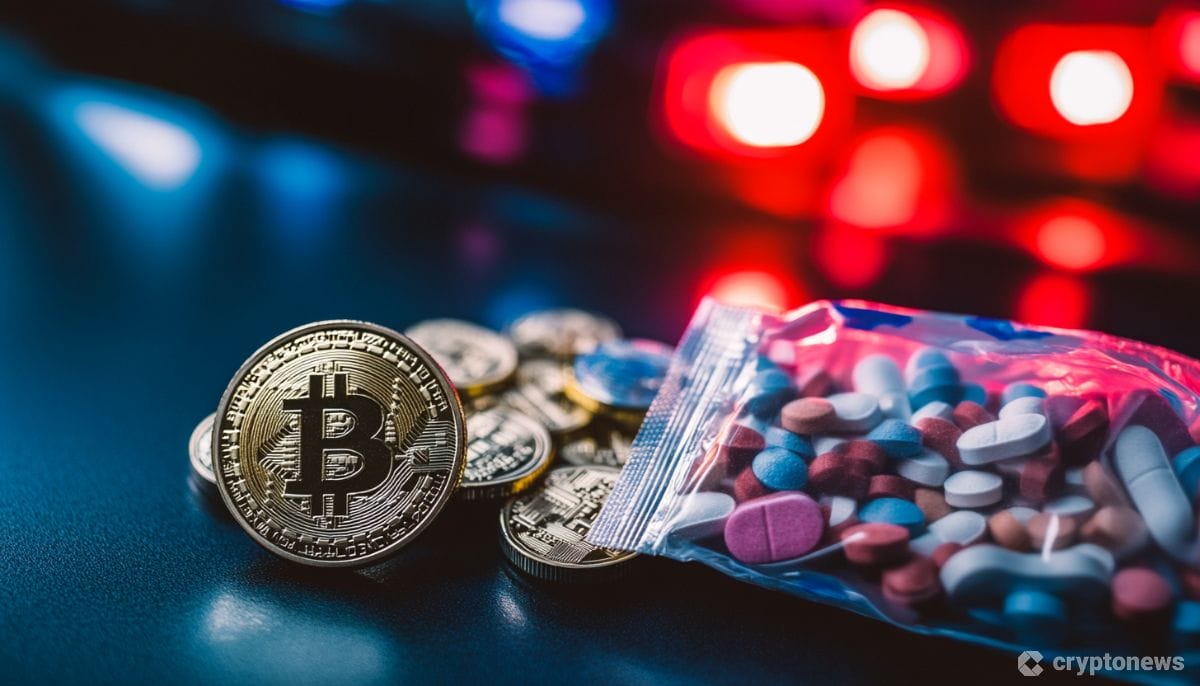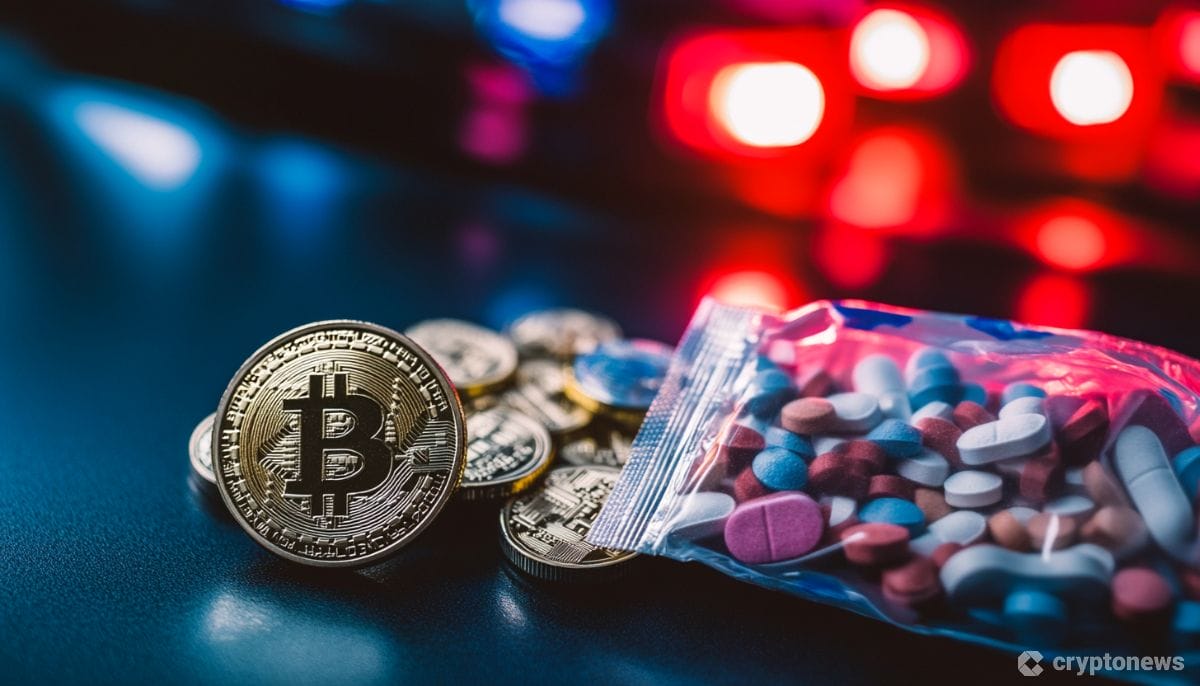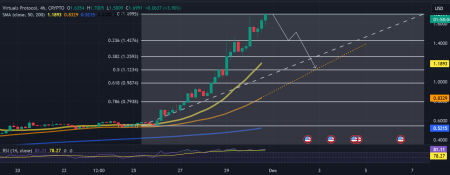Last updated:
 Why Trust Cryptonews
Why Trust Cryptonews

South Korean customs officials have blamed “the spread of crypto” for an 18% rise in drug smuggling.
Officials said they seized a whopping 769kg worth of narcotics last year, up from 624kg in 2022.
This figure also represents an x5 rise on 2020’s 148kg total, as South Korea’s crypto-powered narcotics “epidemic” continues to worsen.
South Korean Customs Officers: Crypto Making Drugs Easier to Buy
Per News Gyeongnam, the Korea Customs Service explained that it had detected a rise in “small-scale drug smuggling” cases.
“Drug smuggling attempts are continuing due to the high domestic drug prices compared to other countries. The spread of non-face-to-face transactions [using] virtual currency is also [causing this increase].”
Korea Customs Service
According to data compiled by the offices of lawmaker Jeon Yong-gi, a member of the National Assembly’s Land, Infrastructure and Transport Committee, law enforces seized $45.6 million worth of narcotics last year.
The vast bulk of this haul was almost certainly intended for sale through Telegram channels, via dealers who advertise their services on X (Twitter), the darkweb, and open Telegram groups.
These dealers typically ask for payment in Bitcoin (BTC) and other tokens. They then dead-drop customers’ drugs in public locations.
Media outlets say that Korean-language Telegram groups have become a “crypto-powered department store for young narcotics buyers.”
Drugs ‘Sent Via International Mail’
Jeon’s office analyzed data from the Korea Customs Service and the Incheon International Airport Corporation.
The figures show that officers intercepted 327kg of narcotics traffickers sent via international mail services last year.
They also found 275kg of drugs hidden in express cargo containers. And they seized a further 148kg of drugs from air travelers arriving in the country.
Officers said that they had seized 438kg of methamphetamines, as well as smaller amounts of ketamine, marijuana, and cocaine.
And it appears that the “epidemic” is far from over. The data shows that “the total amount of drugs seized by customs officials from January to July 2024 was 377kg.
The media outlet concluded that this was “about 49% of the total seized last year.”
“Law enforcement agencies need to take control of this situation so that drugs do not become an everyday thing [in South Korea].”
South Korean lawmaker Jeon Yong-gi, member of the National Assembly’s Land, Infrastructure, and Transport Committee




